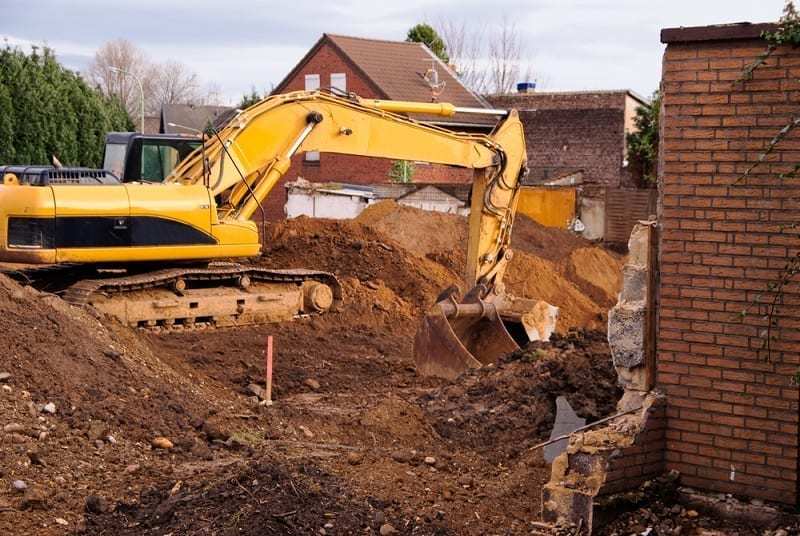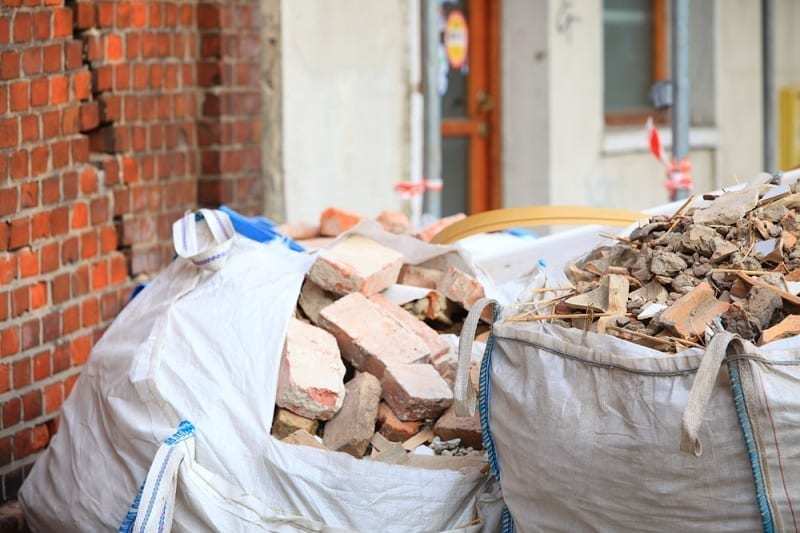The Law attributes to the Public Administration the necessary legal instruments to act in the event of an urban development infringement so that, apart from sanctioning the infringement, it restores or restores the urban development situation existing prior to the commission of the urban development infringement.
There are three cases of urban planning infringements.
- a) and b) Works carried out without requesting or obtaining the pertinent Building Permit from the City Council.
- c) Works carried out without complying or adapting to the Municipal Building Permit granted (conditions authorized by the Administration, normally the City Council, and contained in the Urban Development Project that the permit authorized).
Either following a complaint from a private individual or following action by the inspection services, the file continues with the inspection report. o printed statement that reflects the inspection action of on-site verification of the infringement and that must be filled in by the acting agents and signed by the person who is at that moment on site, either the owner, the tenant, the persons who are carrying out the works or the person whom the owner has left as responsible.
Once the inspection report has been drawn up, a distinction must be made between the following cases:
1.- Works being carried out at the time of the inspection. In this case, the procedure is initiated immediately.
2.- Finished works. It will only be able to initiate the file when these works in accordance with the legal term have not prescribed.
3.- In cases of use for purposes not foreseen in the legal system, the proceedings are initiated in the same way as in section 1, since there is no statute of limitations , since we are in the presence of a permanent infringement due to a constant use, in violation of the legal system.
The purpose of the dossier, as we have said, is to restore the legal urban situation to the time prior to the infringement so that one of the essentialprecautionary measures is the injunction to stop the works, since it must be prevented that a consolidation of the urban infringement takes place.

This stop-work order, which is a precautionary measure, must be notified to the interested party and is enforceable, i.e. it cannot be stopped by the interested party in any way.
The Law attributes executive powers to the Administration to coerce the owner to obey the measure of stoppage of works. Among these coercive measures, we can name the following: coercive fines that are reiterated during the non-compliance in a cumulative way; communication of the supply companies of the cessation of supplies; execution by the owner in a subsidiary way with repercussion to the owner of the costs etc.
The adoption of the precautionary measure of suspension is simultaneous with the order to legalize the said works, if possible.
Therefore, when the stop work order is received in the same resolution, the legalization order will be notified.
The legalisation will take place, if possible, by applying for a building permit from the Town Hall.
The legalization order operates as a requirement that is made to the owner so that the works he has done, finished or not, conform to a license for the simple reason that the license is an authorization after verifying that the work or use of land conforms to the urban planning provisions provided by the City Council, that is, it is a control of legality.
Licenses are a legality check.
As much as we may see licenses as mere collection instruments, the most important thing to bear in mind is that it is a mechanism devised for the control by the Administration of the activity to be carried out.
Through our long-standing activity, we have seen that many foreign buyers have a wrong view of what administrative licenses are.
How many times have buyers come to our office when faced with a demolition requirement and they do not even have a building permit, or the works contemplate very different works, and all because when they contract with small builders they are deceived, and they are not warned of the seriousness of the consequences.
They are misled when they are informed about licenses, which are often presented as if they were mere fees or taxes. It is advisable to pay the less the better and hence it is usually advised to apply for licenses other than the works to be done, in addition to not declaring its real value, to pay less tax. This is a deception and the consequence is that the client is then faced with the problem, nothing can be done against the builder who will also normally be insolvent.
If the license request is rejected, as well as if the owner asks for the license within 2 months, it will lead to the demolition order of the works, we insist on those that have been paralyzed, and also those that have been finished, and have not yet prescribed.
Remember that the finished and not legal works and that have prescribed the infringement (15 years in the Valencian Community) can not be demolished, although they will never be legalized and will be considered out of order.
Regarding the order of
demolition of works
It should not be thought that it is always destruction or physical demolition of the works, because there are times when this is not possible, and therefore in these cases measures will be adopted that pursue the same purpose and that are possible, for example, the walling of a railing, concreting of a pool, etc.

Due to the necessary brevity of this article, which only deals with the We leave untouched many issues that derive from this and that we will be developing in our page, but we would like to point out the importance for the injured party to have the advice of alegal advisor. lawyer specializing in real estate law, because during the initiation of this thereinstatement of legality file, it will have the opportunity to intervene by presenting the and evidence, and all of this for the purpose of avoid the helplessness of not being heard and being able to defend oneself.
Often, clients come to the office of Carlos Baño León real estate lawyers when firm measures and declarations have already been agreed upon because no allegations have been made against them, and therefore it must be very clear that the administrative file for the restoration of legality is a legalone. is a procedure regulated in all its details by law and in which the affected citizen may appear and defend himself from the very first moment, apart from the fact that in its actions the Administration is governed by the principles of legality and proportionality, among others, without the possibility of arbitrary action, since such action is subject to the weighing and review of the Courts and Tribunals.